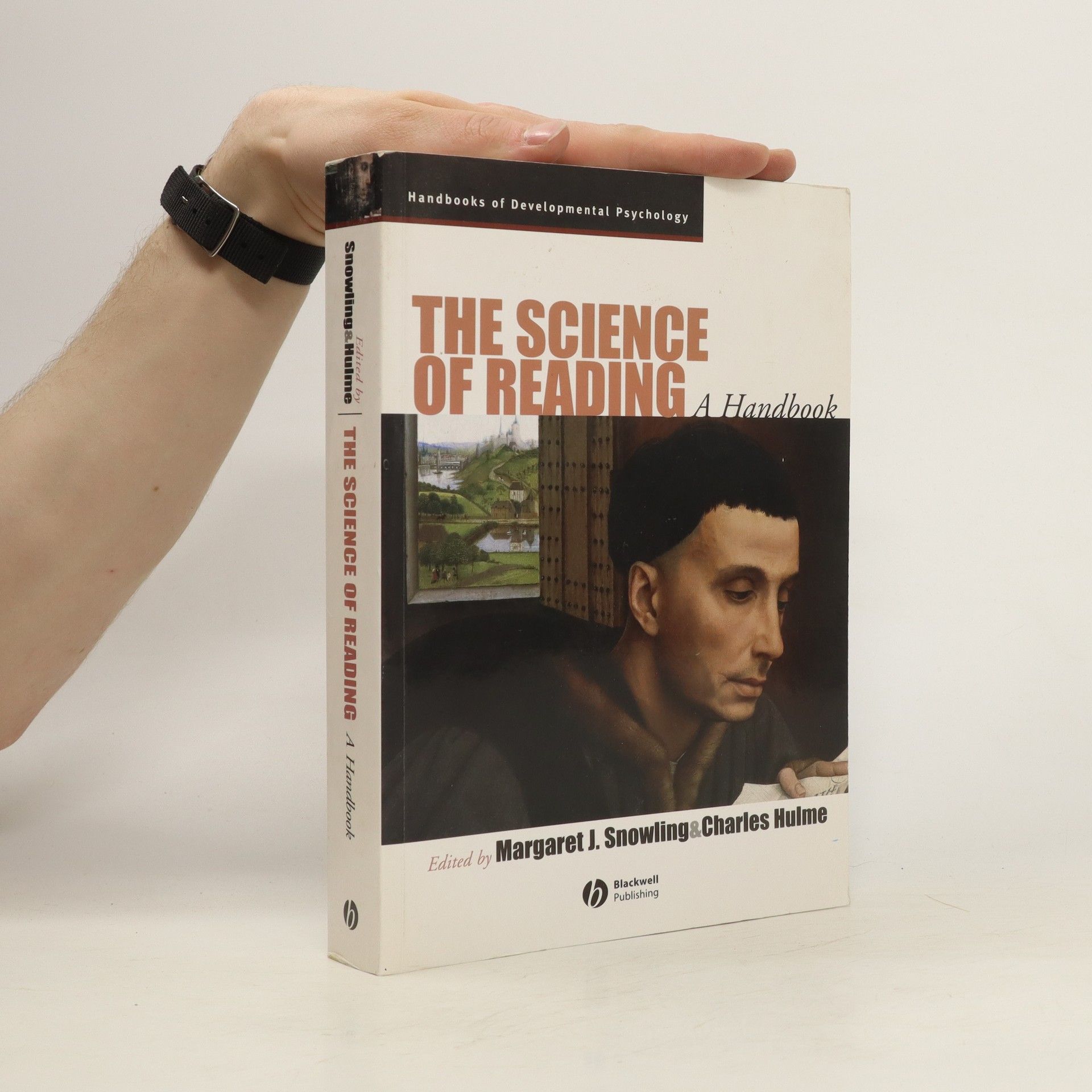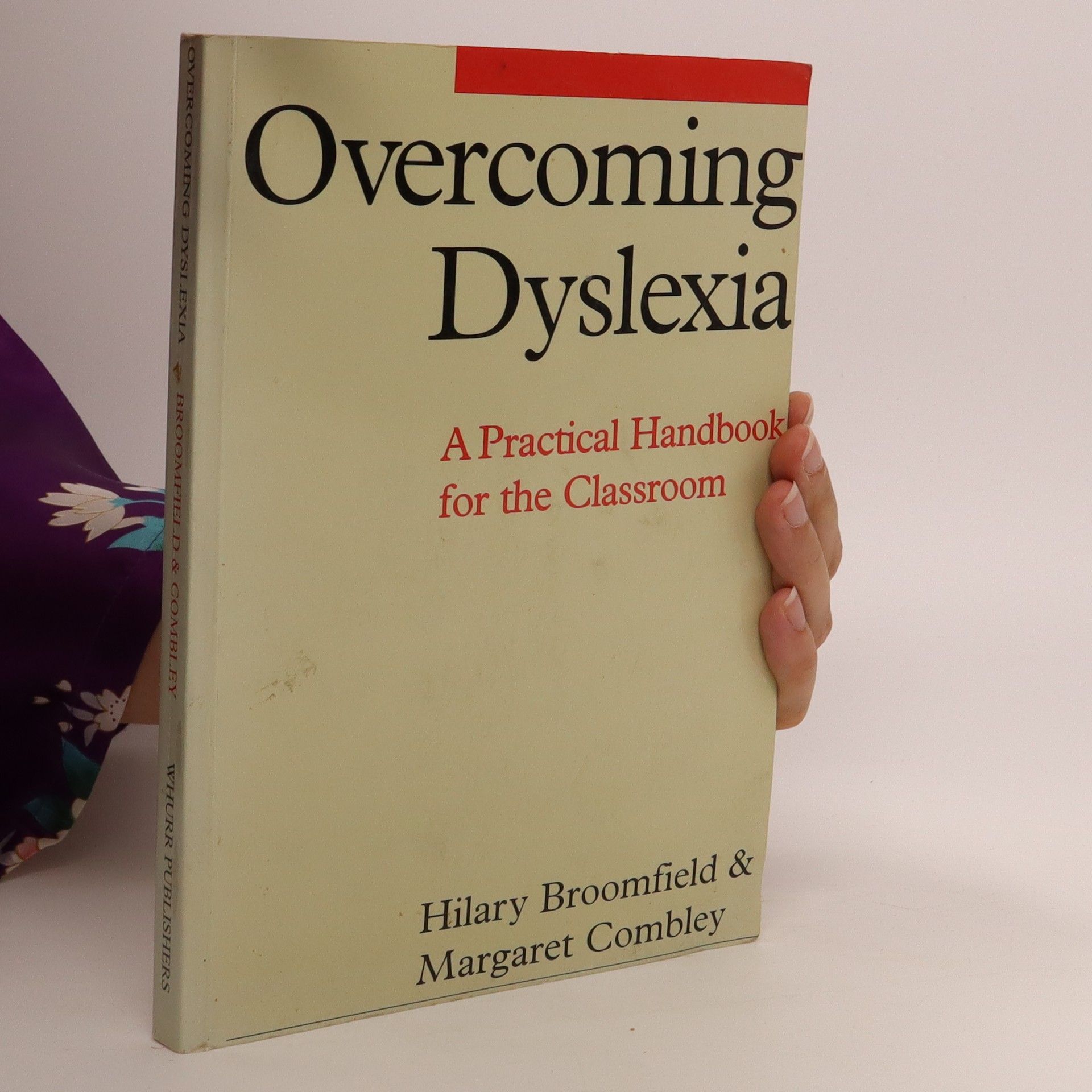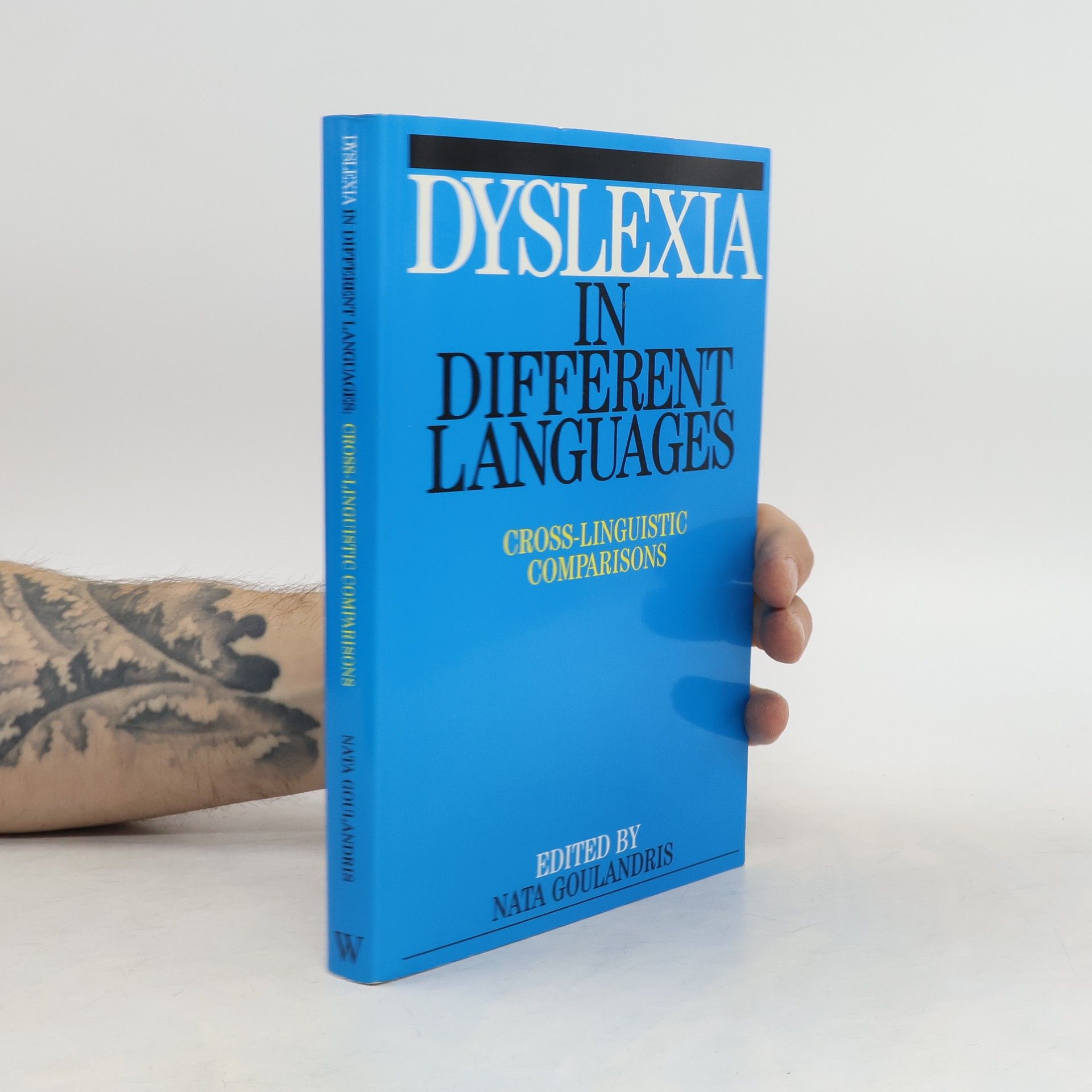Perfect for fans of Kate Carlisle and Victoria Gilbert, when a body is found in a hardware store, will Dawna Carpenter’s sleuthing measure up to find the killer? Recent sexagenarian widow Dawna Carpenter thought running her own hardware store after the death of her husband was hard enough. With her adult daughter, April, moving back into town, and Darlene, the annoying boutique owner next door to her shop poking around, Dawna has her hands full. But when she finds a dead man in the bathroom of her store, with a framing hammer by his side, she’s in way over her head. The victim, Warren Highcastle, was a land developer who was looking to purchase the old theater in town to build a new hotel. Dawna and April, worried about the implications of the crime scene at the hardware store, put themselves on the case. They soon learn that Warren had made quite a few enemies in his short amount of time in town. As the suspect list starts growing, so too do the threats against Dawna and April. Can Dawna and April nail the killer before they strike again?
Margaret J. Snowling Book order (chronological)






This first comprehensive history of dyslexia charts a journey that begins with Victorian medicine and continues to dyslexia becoming the most globally recognized specific learning difficulty. Philip Kirby and Margaret Snowling use a historical lens to explain current debates around dyslexia, and to reflect on the place of literacy in society.
Developmental Disorders of Language Learning and Cognition
- 448 pages
- 16 hours of reading
Focusing on developmental disorders, this comprehensive text presents the latest research and insights into both typical and atypical development. It features clinical case studies and diagrams that clarify complex concepts, making it accessible to readers. The engaging writing style ensures that intricate topics are conveyed in an understandable manner, catering to both professionals and those new to the subject.
The Science of Reading. A Handbook
- 661 pages
- 24 hours of reading
The Science of Reading: A Handbook brings together state-of-the-art reviews of reading research from leading names in the field, to create a highly authoritative, multidisciplinary overview of contemporary knowledge about reading and related skills. Provides comprehensive coverage of the subject, including theoretical approaches, reading processes, stage models of reading, cross-linguistic studies of reading, reading difficulties, the biology of reading, and reading instruction Divided into seven sections:Word Recognition Processes in Reading; Learning to Read and Spell; Reading Comprehension; Reading in Different Languages; Disorders of Reading and Spelling; Biological Bases of Reading; Teaching Reading Edited by well-respected senior figures in the field
Dyslexia in Different Languages
- 220 pages
- 8 hours of reading
This book presents current research on dyslexia in alnguages other than English. It is increasingly evident that it is essential to define dyslexia in terms of the language of instruction because learning to read cannot be separated from the linguistic parameters of that language.
Overcoming dyslexia : a practical handbook for the classroom
- 216 pages
- 8 hours of reading
Bringing together practice in the areas of multisensory teaching, whole language and phonological awareness training, this text offers a structured programme that integrates skills teaching into real reading and writing. Although it is intended as a teacher-friendly hands on approach, it is rooted in recent research into the development of reading and writing, and the causes of literacy difficulties. The authors use the model of reading set out by Marilyn Jager Adams in her book Beginning to Read as the framework for their integrated approach. They also draw from work that connects literacy and language difficulties, and that seeks common ground with communication therapists and speech scientists.